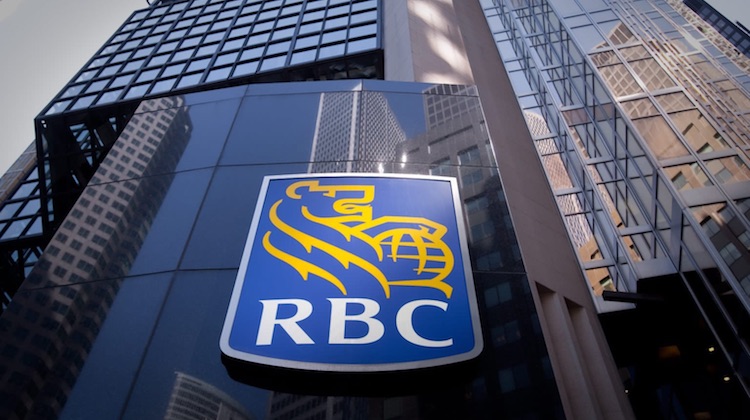Blockchain and Crypto
How RBC is using a blockchain to overhaul its loyalty program
- While most institutions are exploring internal use cases for blockchain technology, Royal Bank of Canada is just as focused on solving consumer client problems.
- Real-time loyalty points and digital identity are two pain points RBC has been testing in collaboration with other startups and consortia.








